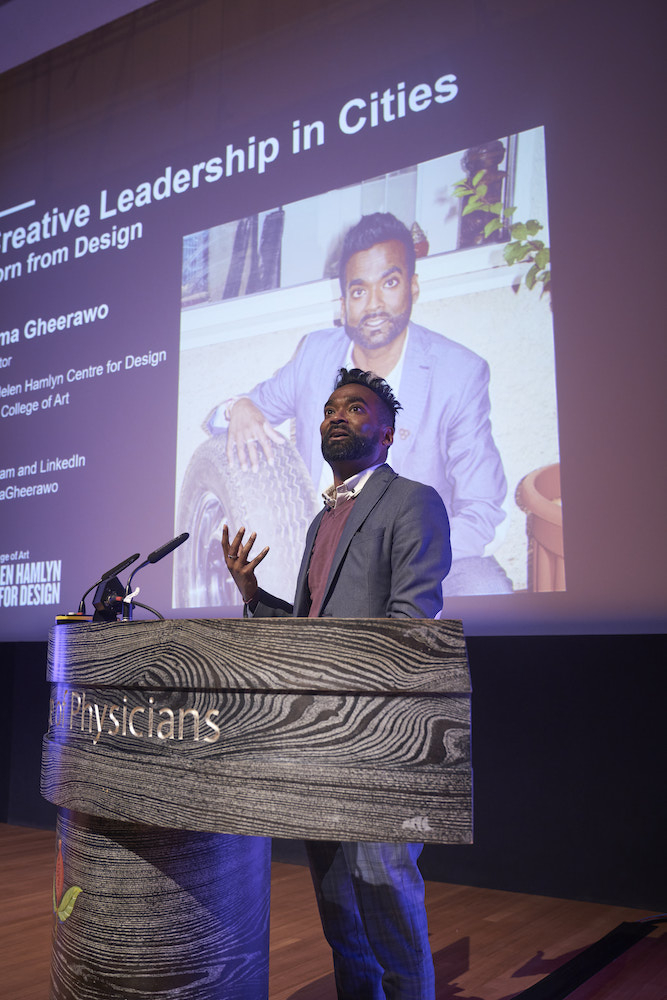This year’s plenary theme is ‘Urban renewal and health equity: Charting a sustainable path locally and globally’.
Download the Call for Papers here – the extended deadline to submit abstracts is 1 June.
Urban policymakers, planners and practitioners keen to chart a path to sustainable development must link the local and global – activating measures that improve the lives of citizens and reduce health inequalities while addressing the wider impacts of planetary health.
This interplay between local regeneration and global climate resilience has been termed ‘climate-resilient development’ in the latest Intergovernmental Panel on Climate Change (IPCC) report. This identifies climate-resilient development as key to securing a healthier future for all and calls on cities to raise their game as leading protagonists in creating a more sustainable world.
But how can cities walk the delicate line between people health and planetary health? How can they chart a more sustainable path that meets both local and global needs?
There are many different aspects in the urban realm on which to capitalise, in order to create healthier outcomes for all. Research tells us that the provision of green-blue spaces and nature-based interventions can make a vital difference to people and planet. As cities around the world plot a path towards a healthier urban future, one of the key learnings of the past few years has been that nature, biodiversity and communities are all affected by lack of action on the climate emergency. 
Better-designed housing is also a key foundation of a healthy and equitable city or community. Housing that is safe, free of damp and mould, with an abundance of natural light and liveable space that can be adapted to people’s needs over the life course, should be an expectation, not a luxury.
Digital technology has a significant role to play, from monitoring environmental conditions to connecting the smart city itself. Hybrid ways of working are questioning the traditional purpose of cities and company policies on environmental, social and governance (ESG) are demanding fresh solutions. Different approaches to inclusive placemaking and planning are rethinking the urban form. The rise of electric and autonomous vehicles also comes into the reckoning, as city mobility accelerates into the future.
Targeted capital
Meanwhile, research models and design practices are evolving at pace, often driven by political agendas. The UK Government’s Levelling Up agenda, for example, is exerting a policy influence at a local level with targeted investments. It is focusing on six types of capital: physical capital (such as infrastructure and housing); human capital (the skills, health and experience of the workforce); intangible capital (innovation, ideas and patents); financial capital; social capital (community strength, relationships and trust); and institutional capital (local leadership, capacity and capability). All of these forms of capital are relevant to remaking the healthy city with sustainable urban regeneration.
It is against this dynamic background that ‘urban renewal and health equity’– specifically, the linking of local and global in climate-resilient development to reduce health inequalities and create social value – forms the theme of the 2023 Healthy City Design International Congress.
We’re interested in receiving proposals for papers, video+posters and workshops in the spheres of practice, research and policy for design, art, technology, urbanism, culture and health that capture key elements of this fast-changing picture.
On the road
Previous editions of the Healthy City Design International Congress have looked at creating a shared culture of wellness, designing for resilience, dealing with the impact of Covid-19, and promoting diversity and inclusion.
In 2023, we aim to set out the practical steps that will put cities on a sustainable path to better health for people and planet. And in a nod to balancing the global and the local – as well as reflecting the importance of policy agendas such as levelling-up and efforts to rebalance the economy – we’re taking the Congress ‘on the road’, moving away from the ‘megacity’ of London to a new venue in the port city of Liverpool, which can share many recent lessons about urban regeneration and redevelopment.
Organised by SALUS Global Knowledge Exchange in partnership with the Helen Hamlyn Centre for Design, Royal College of Art, an internationally renowned research hub in the field of inclusive and socially sustainable design, The Healthy City Design International Congress and Exhibition 2023 will take place at the Royal College of Physicians’ new northern headquarters, the Spine Building, one of the world’s healthiest buildings.

